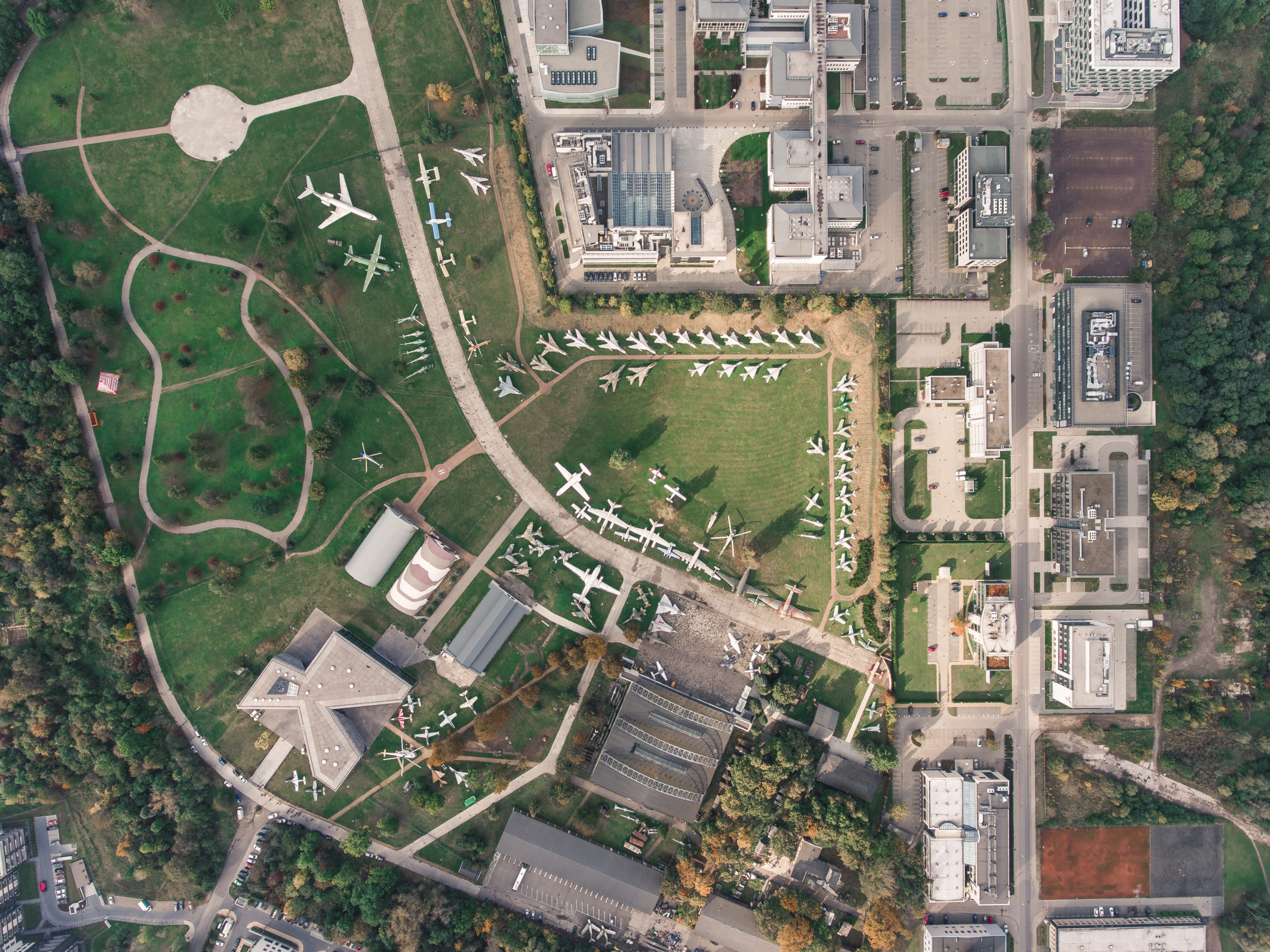Airports worldwide contribute to the growth, prosperity, and sustainability of the communities they serve. To address the increasing challenge of climate change and reduce the environmental impacts of the aviation community, ACI World and its members are committed to implementing ambitious and innovative solutions.
We encourage our members to invest in their long-term capacity by adopting clean technologies, reducing carbon and greenhouse gas emissions, and exploring new market opportunities.
A flight taken today produces half the CO2 that the same flight would have produced in 1990 due to the industry’s long-term efforts to reduce its climate impact. While airports contribute to only a small fraction of industry emissions, they continue to prioritize decarbonizing. To assist them, ACI completed the ACI World Long Term Carbon Goal Study, the result of a year long research and consultation period, underpinned by an extensive analytical and evidence-based research. The study led to the creation of an ambitious, long-term carbon goal for the global airport sector.
To help airports implement climate solutions that protect the natural resources of the communities they belong to while ensuring the growth and sustainability of airports globally, ACI world provides comprehensive tools and expertise.
ACI World’s Environment Experts Provide

ACI World Environment Standing Committee
The ACI World Environment Standing Committee works with experts, airports, policymakers, and industry leaders to develop environmentally responsible airport policies that reflect airport interests. Led by representatives from ACI’s five regions, the Committee ensures new policies, initiatives, and best practices are shared with airport members worldwide.
The Committee works closely with international partners, including ICAO’s Committee on Aviation Environmental Protection (CAEP) to set global standards for aircraft noise and engine emissions, and the Air Transport Action Group (ATAG), the industry coalition for sustainable air transport development.
Focus Areas
Environment Training Programs
Airport Carbon and Emissions Reporting Tool (ACERT)
ACERT is a software tool designed by airports for airports to measure their greenhouse gas emissions. This free tool produces a comprehensive inventory of emissions and provides the data required to apply for Airport Carbon Accreditation.
Aircraft Ground Energy System - Simulator (AGES-S)
AGES-S is a free IT solution that analyzes the environmental and economic benefits of substituting aircraft auxiliary power unit (APU) usage with ground energy systems by calculating the reduction of fuel consumption.
Environment Initiatives
ACI has been working with some of its pioneering members to address how to combat wildlife trafficking, and gathered information how airports can take action in stopping this illicit trade.
The ACI World Long Term Carbon Goal Study is the result of a year long research and consultation period, underpinned by an extensive analytical and evidence-based research. The study led to the creation of an ambitious, long-term carbon goal for the global airport sector:
ACI member airports at a global level commit to reach net zero carbon emission by 2050 and urge governments to provide the necessary support in this endeavor.
Climate Change is a global challenge requiring further and urgent global response given the Intergovernmental Panel on Climate Change’s (IPCC) call to reach net zero carbon emissions by 2050 - the long-term carbon goal will be a crucial component of the aviation industry’s contribution towards this global effort.
Resources
Launched in 2009 by ACI Europe, the Airport Carbon Accreditation program is the global standard for carbon management in the airport industry. The program helps airports implement best practices in carbon management, with the ultimate goal of becoming carbon neutral.
The APEX in Environment Program on-site review is conducted by a team of industry experts and focuses on how to improve environmental management.
Airport Benefits:
